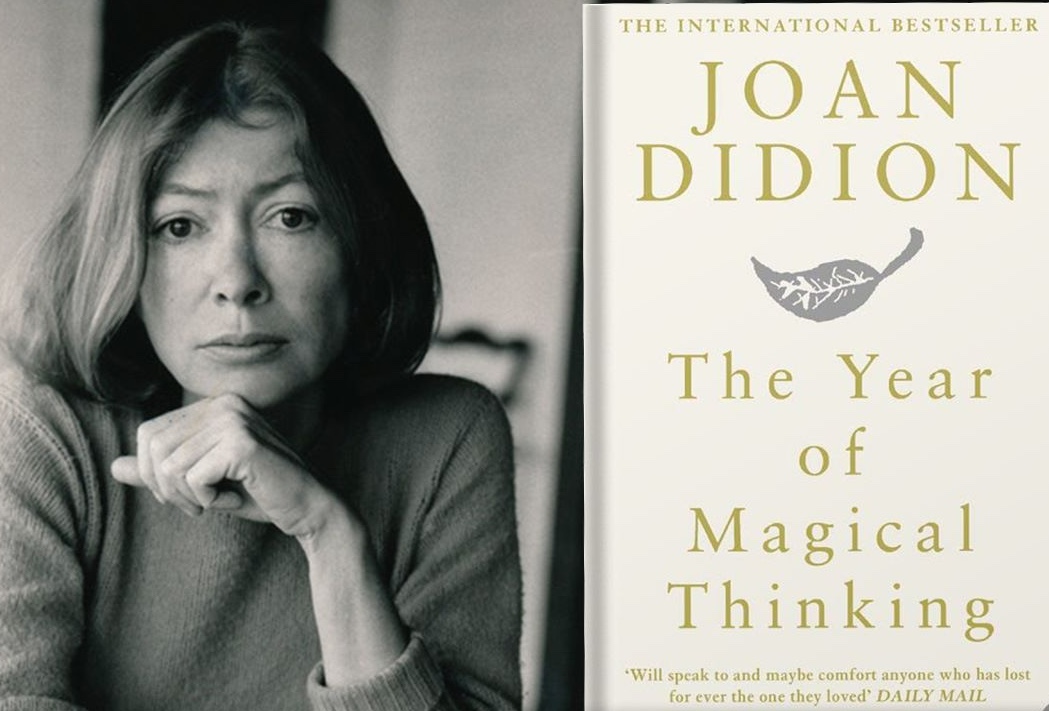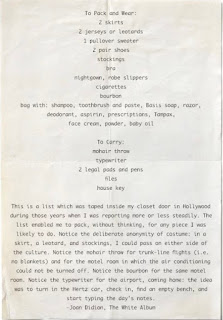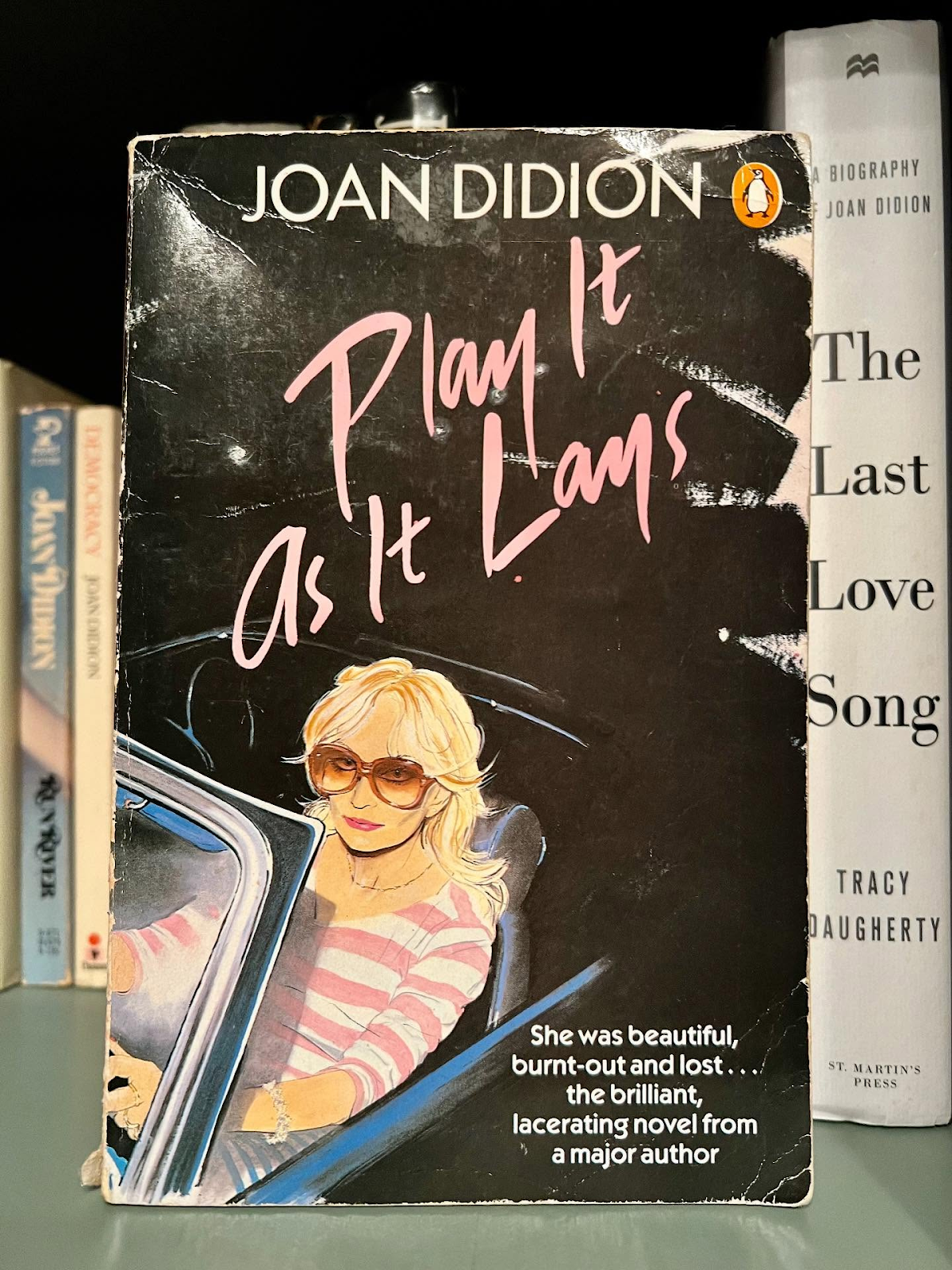Not immediately, of course. Often, we need time. Months. Years. Distance to recover from the ache they left behind. But they are on our minds, and the pull is there. Like gravity drawing us back to earth.
Tangled Prose is your bookish fix – from viral reads to cult classics. News, reviews, trends, and takes. Old favourites, and new finds. Always books.
Wednesday, 7 January 2026
Reading in the gaps: Why we return to books that broke us
Friday, 19 December 2025
Reading in the liminal: The books that hold us between seasons
Not every book asks for deep attention, but some arrive quietly and stay with you longer than expected. They don’t rush to a resolution or pull you along with pace. Instead, they hold space, for a mood, a shift, a moment that hasn't yet found its shape.
Saturday, 15 November 2025
Books that saved my writing: Five under-the-radar titles every writer should read
When writers talk about the books that shaped them, it’s usually the big names: Bird by Bird, On Writing, maybe a bit of Joan Didion or George Orwell. But some of the most essential books in a writer’s life aren’t the ones offering advice.
Saturday, 6 September 2025
The annotated life: Why marginalia is back in style
Instagram is full of annotated pages, complete with underlines, post-its, and impassioned scribbles. On TikTok, readers film themselves reacting in real time, pen in hand. Even published authors are weighing in, sharing how marginal notes shaped their early reading lives.
Tuesday, 12 August 2025
How to write like Joan Didion
In her best work, Didion captures a moment so cleanly that the emotional aftermath lingers longer than the reading itself. Consider this line from The Year of Magical Thinking:
"Grief turns out to be a place none of us know until we reach it."
Wednesday, 6 August 2025
Joan Didion’s packing list and the illusion of preparedness
It’s not really about the clothes. It’s about control. About readiness. About who she became when the suitcase clicked shut.
Sunday, 20 July 2025
Grief, grammar, and the Didion sentence: Rereading The Year of Magical Thinking
For me, few books confront grief with the unflinching clarity of Joan Didion's The Year of Magical Thinking. It is one of my favourite of Didion books and I reread it recently.
Didion wrote it in the aftermath of her husband’s sudden death; it isn’t a memoir of healing so much as a dissection of loss, precise, restrained, devastating.
Saturday, 5 July 2025
Packing lists and California cool: How Joan Didion made the personal iconic
Thursday, 12 June 2025
From Sylvia Plath to The Smiths: The ultimate bookish playlist
If you're like me, and you love books and music, you probably get the same unique thrill in hearing a favourite book or author woven into a song lyric. It's like a secret handshake between readers and musicians. Whether it’s a simple name-drop or a full-on homage, these songs remind us that the worlds of music and literature are always in conversation.
Here are twenty-two songs that celebrate books and writers, featuring artists such as Kate Bush, Vampire Weekend, Nirvana, Radiohead, the Smiths, and Black Star.
Thursday, 1 May 2025
Why you should read Joan Didion and the best books to start with
Joan Didion didn’t just write essays and novels, she rewired what prose could do. Her work is surgically precise and emotionally raw, offering a style that has inspired generations of writers and captivated readers for over half a century.
She helped shape the New Journalism movement in the 1960s, bringing a personal, literary sensibility to reportage. She created some of the most arresting portraits of American life in the second half of the twentieth century.
Tuesday, 1 April 2025
Joan Didion and the art of emotional precision: What writers can learn from her style
Joan Didion never wasted a word. Her prose was as spare as it was surgical. It was a style that she forged as a journalist and later honed in her essays and fiction that cut to the heart of American life. For writers and readers alike, there's so much to learn from her technique, especially in a cultural moment saturated with overstatement and noise. If there was one takeaway from Didion’s writing, it’s that less is more.
Thursday, 6 March 2025
A guide to reading Joan Didion
Joan Didion's writing is a masterclass in precision and insight. Her distinctive style, marked by pared-down, rigorous prose, captured the nuances of American life and personal introspection. As a leading figure in the New Journalism movement of the 1960s, Didion's work blended literary flair with journalistic integrity, offering readers a profound lens through which to view the world.
Tuesday, 4 March 2025
Whatever happened to Donna Tartt?
I found a box of books in the attic yesterday, and a signed copy of Donna Tartt’s The Goldfinch was buried there. I added it to the bookshelf alongside a signed copy of The Little Friend.
I’m a massive fan of Donna Tartt, particularly (like many people) The Secret History, which I wrote about recently. It got me thinking—whatever happened to Donna Tartt?
It has been more than a decade since Tartt published her last novel, The Goldfinch (2013), which won the Pulitzer Prize and cemented her status as one of the most celebrated literary figures of our time. But since then? Silence.
Tartt has never been a prolific writer. She famously takes a decade (or more) between books, crafting intricate, deeply atmospheric novels that become instant modern classics. The Secret History (1992) and The Little Friend (2002) were each published with long gaps in between, setting a pattern of meticulous, slow-burn literary output. But now, more than ten years have passed since The Goldfinch, and there’s no official word on what comes next.
So, where is Donna Tartt? And why is the wait for her next novel taking even longer this time?
Monday, 24 February 2025
Publication of Joan Didion’s journal creates an ethical literary dilemma
Joan Didion has been a monumental influence on countless writers, including myself. Her works, from Slouching Towards Bethlehem to The Year of Magical Thinking, have profoundly shaped modern literature.
Anything new by her is a major literary event. So, the recent announcement of the posthumous publication of her personal journal, Notes to John, has ignited a significant ethical debate within the literary world.
Yes, it is exciting to see Didion's unpublished work, but is it right to publish her personal journals? Especially those detailing conversations with her psychiatrist?
Wednesday, 12 February 2025
Dialogue that does double duty: How to advance plot and reveal character
Dialogue isn’t just there to make characters sound like they’re speaking. It’s one of the most powerful
tools in a novelist’s kit. The right line of dialogue can move the story forward, deepen a character’s personality, and sometimes even hint at future conflicts.
When your dialogue serves multiple purposes, it pulls more weight, making your prose more efficient and engaging. Here are four well-known literary examples of how you can achieve this.
Monday, 3 February 2025
Notes to John by Joan Didion
I am a huge fan of Joan Didion so this is an unexpected book treat. A new book from the much missed Joan Didion.















